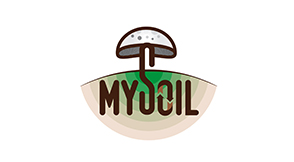Site characterization
In northern France, in the industrial suburbs of Rouen, a former Shell and Petroplus refinery was dismantled and rehabilitated by VALGO.
This site lays beneath the Seine River, on alluvium layers, over a fractured chalky bedrock with a shallow aquifer. Numerous oil spillages were treated or under treatment.
Refining activities, during more than 80 years, left behind:
- Above ground level, superstructures visible from miles away.
- Hydrocarbon residues in all tanks and pipes, on surface and underground, and in the subsoil, especially floating pure phase upon the groundwater (LNAPL).
- Nature of the products: refining convert crude oil into multiple end products, owing very diverse properties regarding penetration, accumulation or attenuation.
- All of them are petroleum hydrocarbons, but viscosities and densities cover a wide range from light essences to heavy tars.











